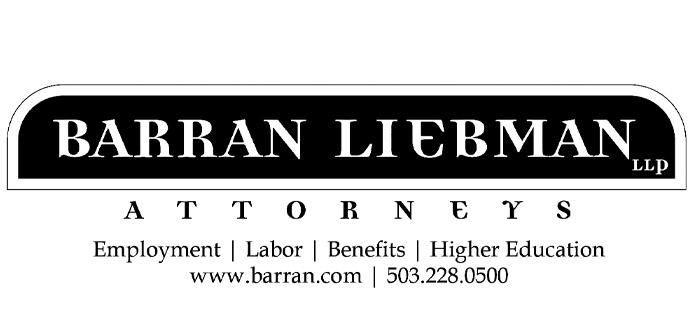The Importance of Employer Documentation & Discipline
As we settle into a new year, it’s important for employers to remember the necessity of effective documentation and discipline. Discipline is important for a myriad of reasons. Effective discipline helps employees understand expectations and rules and better improve performance and work product. If employees do not improve, having a track record of disciplinary efforts will make employees less likely to feel blindsided by termination and better prepare the organization to support its actions and defend against any subsequent claim. In a very practical sense, discipline and documentation helps to protect employers in an increasingly litigious work environment.
When in Doubt, Write It Down
Along with discipline comes documentation. Employers should think of the two as a package deal: anytime an employer has a meeting or conversation with an employee regarding performance, they should document that conversation. While most employers understand that any process around an allegation and subsequent investigation (whether by HR or an external party) should result in documentation, organizations are best served when even more routine performance concerns or behavioral problems are thoroughly documented. In addition to such documentation helping an organization maintain a consistent process and hopefully alerting the employee to what is expected of them, documentation can be crucial in supporting later employment decisions. In order to document effectively, it is important to be professional, complete, and honest. It can be difficult to fight the instinct many of us have to avoid hurting an individual’s feelings and attempt to downplay certain concerns. In these instances, no one is served by failing to be as accurate and honest as possible. Additionally, assume any document could be read by multiple individuals, and don’t include anything you wouldn’t want read back to you in a potential future legal proceeding.
Consider a Progressive Discipline Policy
Simply put, progressive discipline is a process in which the penalty becomes greater for each succeeding infraction. Effective discipline doesn’t happen all at once — rather, it’s a gradual process in which each step increases in severity depending on employee improvement. This allows employees a chance to learn and improve their behavior, and employers to build a record of their concerns. A typical process could include (1) a verbal warning, (2) a written warning, (3) suspension and/or last chance agreement, (4) termination. In certain cases, it may be appropriate for employers to implement voluntary separation pursuant to a severance agreement as opposed to termination. While progressive discipline can be successful, it can also lead to additional problems if not implemented correctly. Employers considering implementing a progressive discipline policy should consult with counsel to ensure they do not accidentally commit to a course of action they may not want to consistently follow.
Ensure a Termination Is Defensible
When terminating an employee, it is crucial to ensure that the organization can adequately explain and support its decision. Employers should follow the “smell test.” In other words, employers should be able to articulate and explain the reasons for discipline or termination. Employers should also consider the timing of this decision. If termination is close in time to a protected activity such as complaining about discrimination or taking protected leave, this may be sufficient evidence for a claim to go to a jury. Employers should generally try to avoid “heartless timing” when possible (terminating right before the holidays, or before a known major life event), as well as termination during protected leave or during the workers’ compensation process.
It is also important to ensure that any termination complies with final paycheck, vacation, paid time off, and sick leave rules, as violations of these laws can also result in litigation. If an employer is worried about a litigious employee or a particularly risky scenario, a severance agreement in exchange for a release of claims may be called for. Employers considering this course of action should proceed only with the advice of counsel.
Special Considerations: Public Employers & Union Employees
In situations involving public employees or unionized workforces, additional considerations must be made when working through discipline or termination, and an employer’s options may be more restricted. Public employees have more legal protections than private employees, often requiring “cause” to terminate, or implicating constitutional protections including free speech and due process. Hence, there are procedural protections that must take place before public employees can be terminated. Similarly, if an organization’s employees are unionized, they may have additional rights when facing discipline, and the relevant collective bargaining agreement may limit the employer’s disciplinary options as well as what can be placed in the personnel file.
Effective documentation and discipline is an art, and it is one that savvy employers will want to be familiar with. Documenting a problem on the front end is significantly easier than trying to later convince a judge or jury of the organization’s reasoning behind its actions without any evidence. Due diligence takes time, practice, and knowledge of legal risks, but, especially in an increasingly litigious employment environment, documentation is ultimately a worthy endeavor.
To learn more, visit barran.com/seminars to register for Barran Liebman’s upcoming webinar: “Paper Trail to Success: Navigating Employee Discipline, Discharge & Documentation.”
Wilson Jarrell is a partner and Hannah LaChance is a law clerk and future attorney at Barran Liebman. For questions, contact Wilson at 503-276-2181 or wjarrell@barran.com.





